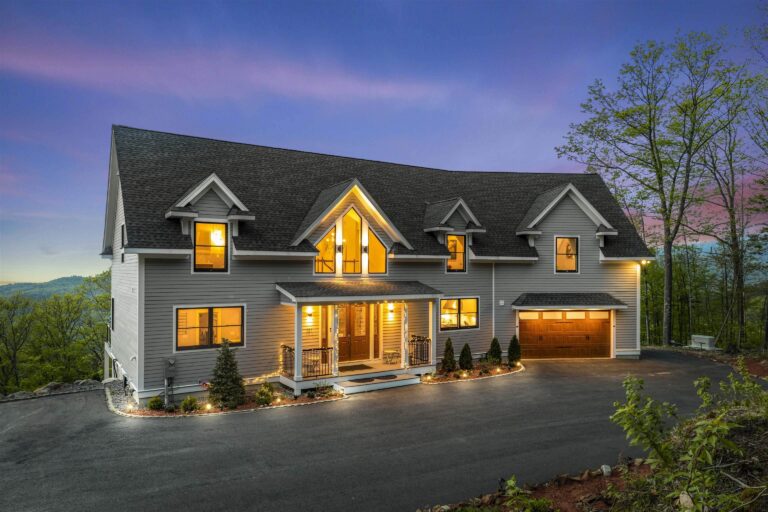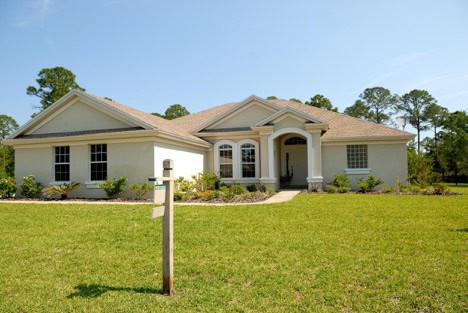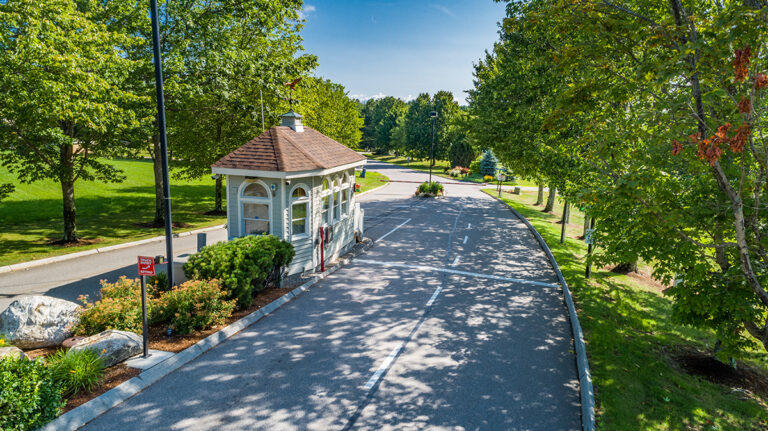House hunting is difficult at the best of times, but trying to find an accessible home can seem elusive. If you’re at your wits’ end, or simply don’t know where to start, don’t worry. Here is some house hunting advice to find the accessible home you need.
Guest post by Gary Cline, creater of NewCaregiver.org
House-Hunting Tips for Accessible Housing
1. Know Your Needs
Every disability is going to require different modifications. Make sure you have a list of questions ready to ask when you apply for a home or visit an open house. When visiting, make certain that things are in easy reach, such as cabinets and countertops. Ask about the exterior as well, including the condition of any walkways. If you’re moving to a new area completely, consider the town itself. What are the health services like in your new area? Are the sidewalks accessible and in good condition? You want to be able to enjoy not just your home, but the entirety of your area. Being close to good hospitals and primary care facilities, with good upkeep from the city itself, are two good ways to see to your well-being in your new home.
2. Financial Help
If you find the perfect home, but it needs some adjustments to fit your specific needs, you don’t need to keep looking. There are alternative funding resources you can use to help you modify the home yourself. The VA offers funding to help you with modifications that are outside of your current budget. If you have disabled children, you could apply for the Think Alive Achievement Grant to makeover your home.
AmeriCorps and the Red Cross offer grants and loans that work to build a new home or modify an old one to get it to the standards you need. The Council for Disability Rights has a large list of available sources including information about loans from the FHA and grants from the HISA. If you need health care equipment beyond modifications, you may be able to receive help from Medicare. If you need a ramp for your home, you could contact Push America, as they build ramps for low and moderate income homes.
3. Wheelchair Accessibility
Finding a home that is specifically wheelchair accessible can be trying. There need to be ramps, a level threshold, the kitchen needs to be accommodating and so much more. If you are having a hard time finding anything in your area, try a search engine designed with wheelchair users in mind. Specifically, Barrier Free Homes and Easy Living Home are two excellent websites with resources to help you find the home you need with little modification on your part. Look for homes that were built after 1991, especially if you’re looking at any form of communal living. These homes must have bathrooms and kitchens wide enough to maneuver a wheelchair with doorways big enough for passing through as well.
4. Help with Apartments
Apartments can be even trickier than finding an accessible house. While they tend to be less expensive, they may require modification. That doesn’t mean it’s impossible to find an accessible apartment, however. There are search sites dedicated to finding accessible locations, such as Socialserve or MassAccess. Many basic search services offer more options or special features, which allow you to customize your search. Looking at newer complexes is your best bet as they tend to be the most accessible.
When you do find a promising location, make sure that any communal areas are accessible as well, as you want to be able to come and go with ease. Before signing a lease, determine if they will help pay for any modifications that need to happen, and also if you will need to return the apartment to its previous condition. (*ADA / FHA laws may apply; see editor notes.)
It may take work, but making a home you can be comfortable in is something everyone deserves. With a little financial help and the right tools, you can live in peace and relative ease. After all, everyone needs a place where they can unwind completely at the end of the day.
Harry Cline is creator of NewCaregiver.org and author of the upcoming book, The A-Z Home Care Handbook: Health Management How-Tos for Senior Caregivers. As a retired nursing home administrator, father of three, and caregiver to his ninety-year-old uncle, Harry knows how challenging and rewarding caregiving can be. He also understands that caregiving is often overwhelming for those just starting out. He created his website and is writing his new book to offer new caregivers everywhere help and support.
* Editor’s notes:
The opinions expressed in this article are the author’s own and do not necessarily reflect the opinions of Roche Realty Group, Inc. Roche Realty Group does business in accordance with the Federal Fair Housing Law. We advise that clients with specific accessible housing requirements also seek the services of an attorney, architect or another consultant who specializes in ADA issues for further information.
Image Courtesy of Pexels.com








